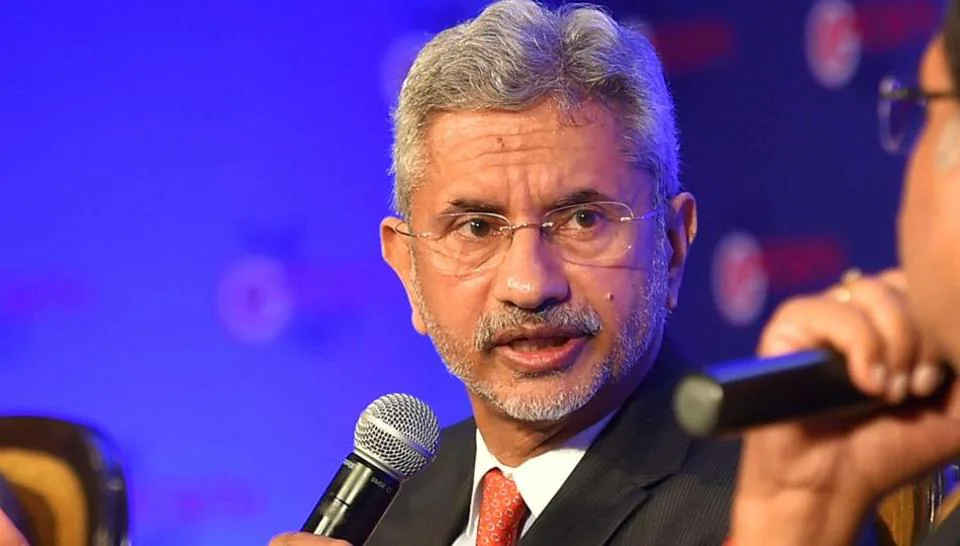External Affairs Minister S Jaishankar has said that on the northern borders, China is seeking to change the status quo by bringing large forces in violation of India’s agreement.
“On the Northern borders, China is seeking to change the status quo by bringing large forces, violating our agreements. Despite Covid, remember, this happened in May 2020. Our counter-response was strong and firm,” the external affairs minister said at the Tughlaq’s 53rd Annual Day Function in Chennai Tamil Nadu.
EAM Jaishankar added that the Indian forces deployed along the border were continuing to safeguard the frontiers in the most extreme and harshest weather conditions.
“These troops deployed in thousands, safeguard our frontiers in the most extreme terrain and harshest weather,” he said.
Expanding on why India mattered more to the world now, Jaishankar said the world saw in India’s response to China that it is “a nation that will not be coerced and will do what it takes to ensure its national security”.
He also emphasized the geo-political significance and geo-strategic location of India.
“In India’s case, geography has added to the case made by the history of its relevance. The Indian peninsula has a visible centrality to the ocean named after it and there is a continental dimension as well. Without our active participation, no trans-Asia connectivity initiative can really take off. The Indian Ocean is poised to assume even greater geo-political significance today. How well India leverages its location is a considerable part of its relevance to the world. The more it influences and participates, the more its global stocks will rise,” he said.
This is not the first time that Jaishankar has lambasted China for trying to ‘unilaterally change’ the LAC.
Earlier, in an interview with the Austrian ZIB2 podcast, Jaishankar had said, “We had an agreement not to unilaterally change the LAC, which they have tried to unilaterally do. So there is, I think, an issue, a perception that we have which derives directly from our experiences.”
The Galwan Valley and Pangong Lake in the west of the LAC have been flashpoints between the Indian and Chinese troops most recently. East of Tawang in Arunachal Pradesh was where the two forces came to blows last year.
Recently, India and China held the 17th Round of Corps Commander Level Meeting at the Chushul-Moldo border meeting point on the Chinese side on December 20 where both sides agreed to maintain security and stability on the ground in the western sector.
The EAM also lauded the growth of India under Prime Minister Narendra Modi, resulting in the country’s enhanced stature on the global platform. He said that India had become a country that shapes the global agenda and influences its outcomes, citing India’s stand on the ongoing Russia-Ukraine war as a case in point.
The minister underscored the significance of national security amid insurgencies and wars to cross-border terrorism, especially terrorism.
He said that India’s long-suffering approach had created the danger of normalising terrorism. Jaishankar gave examples of Uri and Balakot to underscore India’s shift in policy to deal with cross-border terrorism.
Jaishankar also said the world offers vast opportunities, but those are embedded with new challenges and responsibilities.
“India matters because these cannot be separated, and India counts on both scores. While size and population are obvious indices of a nation’s potential, neither by themselves are self-fulfilling,” Jaishankar said.

